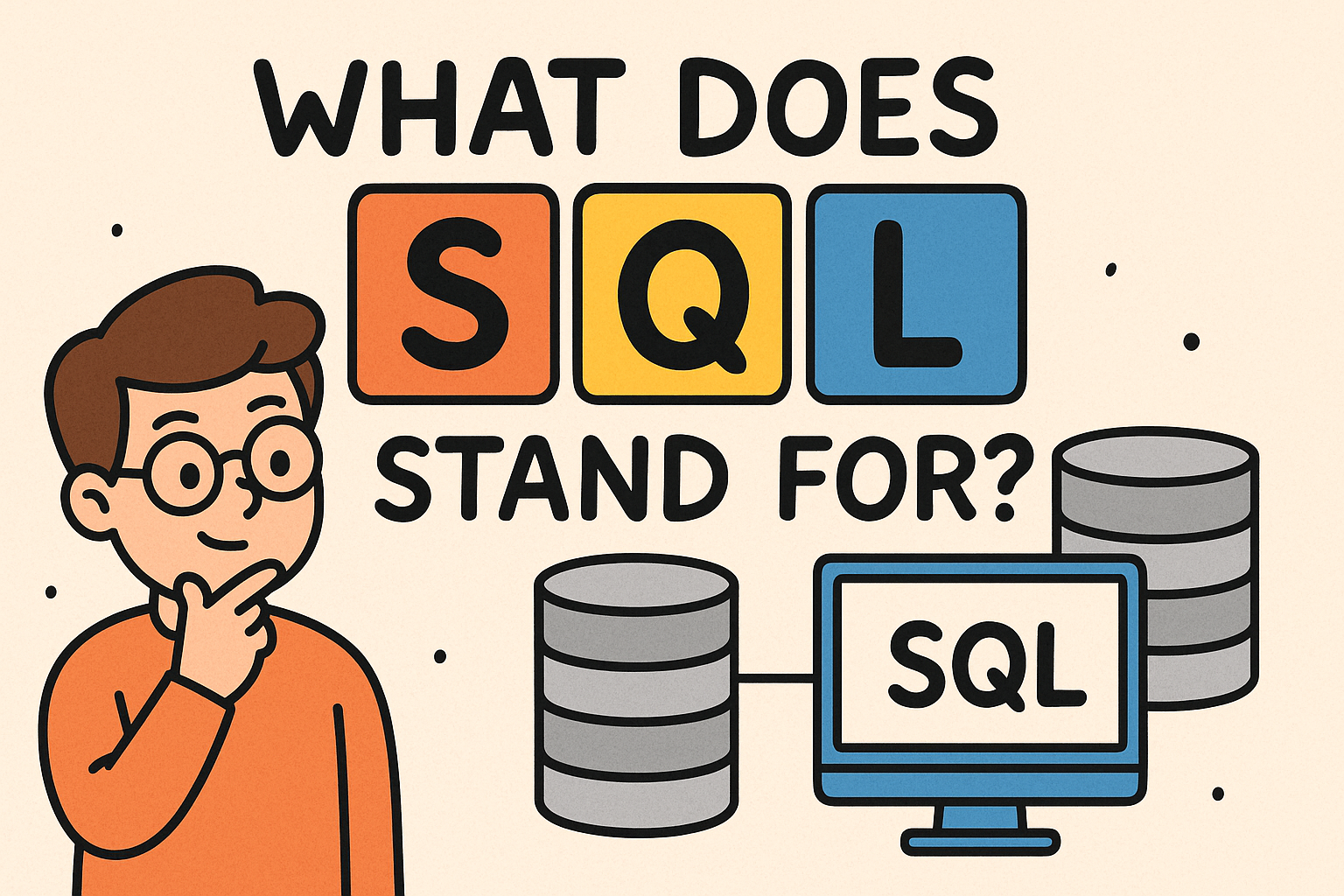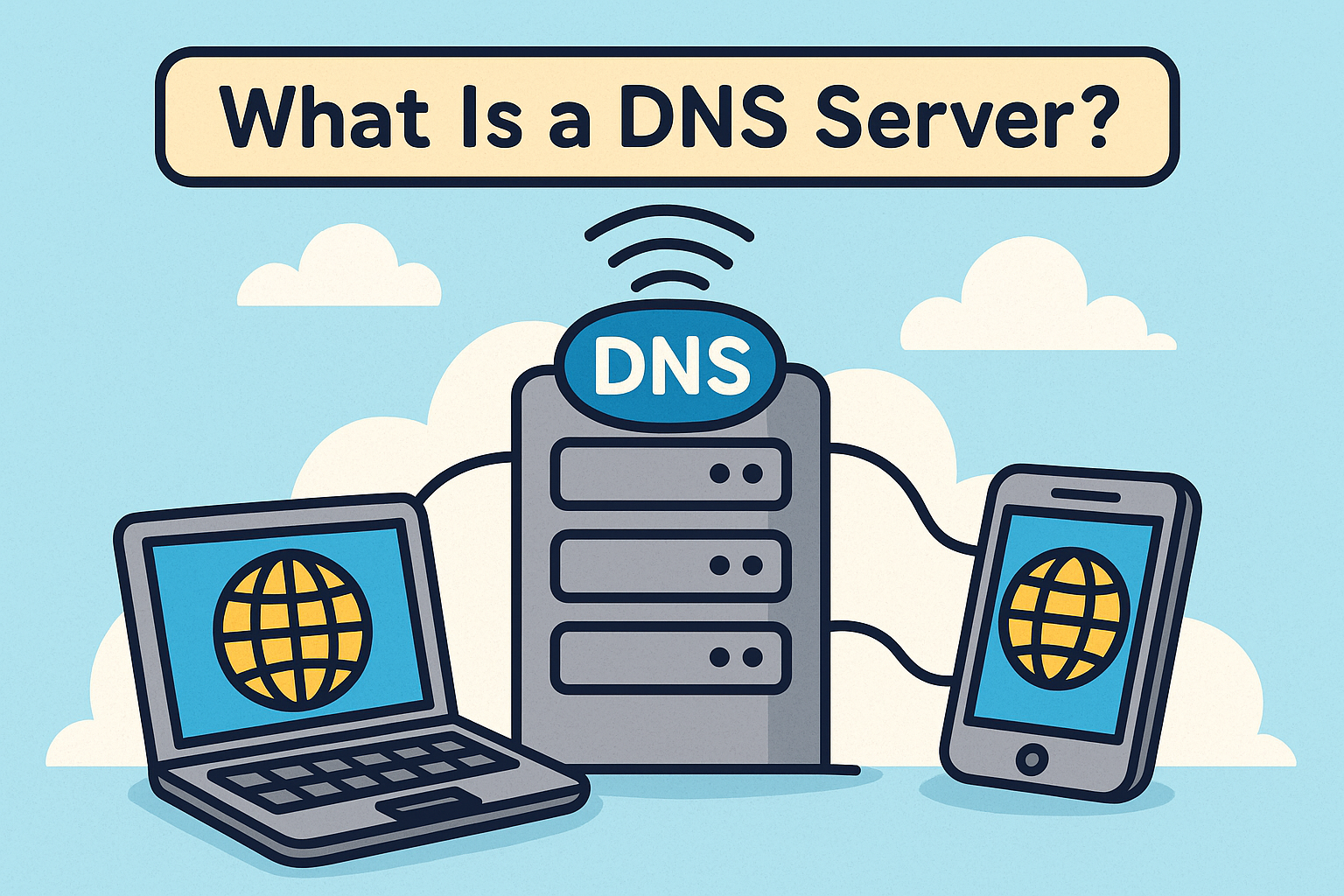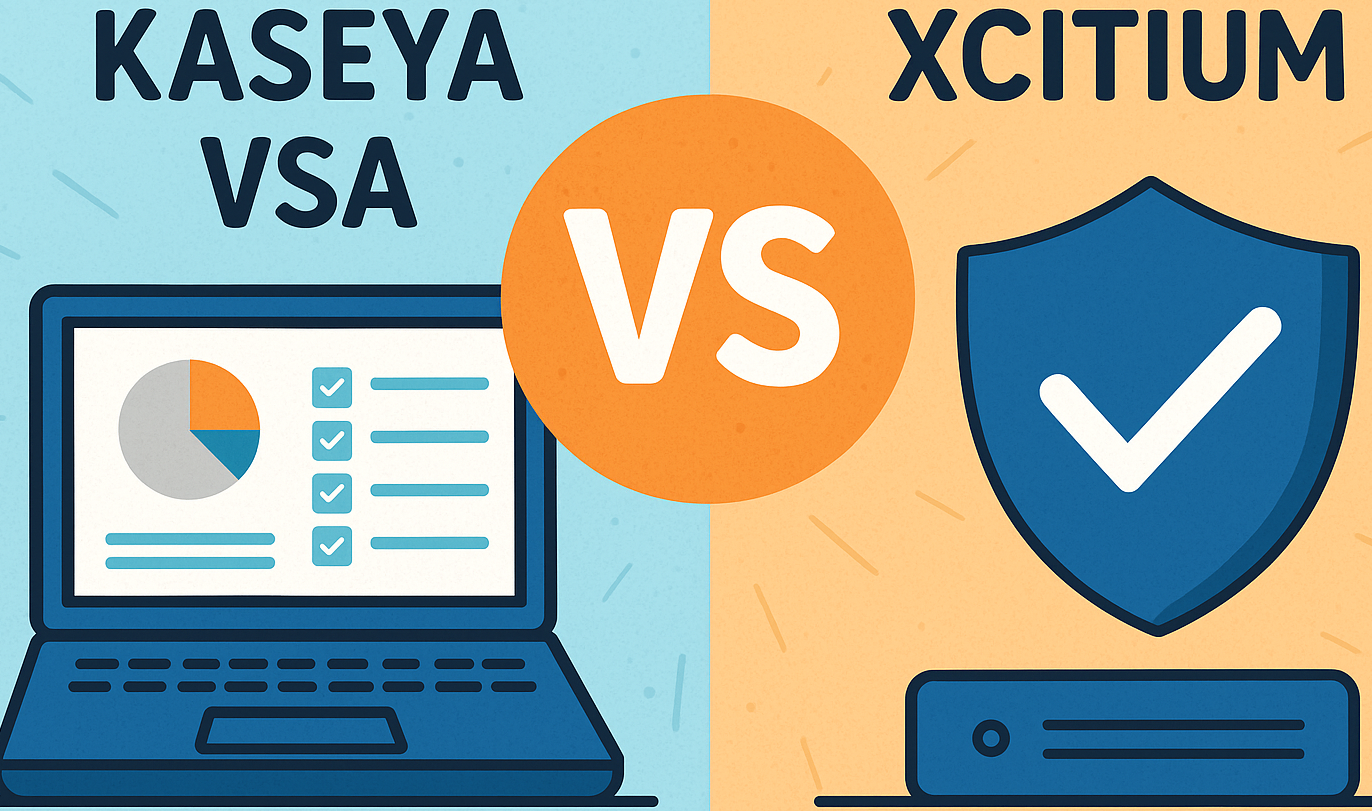What Does SQL Stand For? Understanding Its Role in Data and Business
Updated on July 9, 2025, by Xcitium

Have you ever wondered, what does SQL stand for and why it matters so much in technology, business, and even cybersecurity?
SQL stands for Structured Query Language, a standard programming language used to manage and manipulate databases. Whether you’re a cybersecurity expert, IT manager, or business leader, understanding SQL is critical because it powers the backbone of decision-making in today’s digital economy.
In this article, we’ll explore not just the technical definition, but also how SQL is used in different industries, key SQL commands, and the difference between SQL and MySQL.
What Does SQL Stand For?
SQL stands for Structured Query Language. It is a domain-specific language used in programming and managing relational databases. Originally developed by IBM in the 1970s, SQL has become the standard for database management systems (DBMS).
✅ Primary Keyword: what does SQL stand for
✅ Secondary Keywords used: sql stand for in computer, sql stand for in dbms
SQL allows you to:
- Retrieve specific data from large databases
- Insert, update, and delete data
- Manage access and permissions
- Create complex queries to analyze data trends
SQL in Computer Systems and DBMS
When we refer to SQL in computer systems or DBMS (Database Management Systems), we mean the language used to interact with structured databases like:
- Oracle Database
- MySQL
- Microsoft SQL Server
- PostgreSQL
All of these use SQL as their primary language to handle CRUD operations:
- Create
- Read
- Update
- Delete
SQL With Examples
Here are a few SQL examples to help visualize how it works:
- Retrieving Data
sql
CopyEdit
SELECT * FROM Customers WHERE Country = ‘USA’;
This command retrieves all customers located in the USA.
- Inserting Data
sql
CopyEdit
INSERT INTO Customers (Name, Country) VALUES (‘John Doe’, ‘Canada’);
- Updating Data
sql
CopyEdit
UPDATE Customers SET Country = ‘UK’ WHERE Name = ‘John Doe’;
- Deleting Data
sql
CopyEdit
DELETE FROM Customers WHERE Name = ‘John Doe’;
These operations show how SQL is used to manipulate data efficiently and accurately.
What Does SQL Stand For in Business and Sales?
Interestingly, SQL also stands for something different in business and sales: Sales Qualified Lead. This is a term used in marketing and sales funnels to identify a lead that is ready to be contacted by a sales rep.
So:
- In technology, SQL = Structured Query Language
- In sales, SQL = Sales Qualified Lead
This dual-meaning often causes confusion but is crucial for context-aware communication.
Key SQL Commands You Should Know
Here’s a breakdown of some essential SQL commands:
| Command | Purpose |
| SELECT | Retrieves data |
| INSERT | Adds new data |
| UPDATE | Modifies existing data |
| DELETE | Removes data |
| CREATE | Creates a new table/database |
| DROP | Deletes a table/database |
| ALTER | Changes table structure |
| JOIN | Combines rows from multiple tables |
These commands form the core toolkit for any SQL developer.
SQL vs MySQL: What’s the Difference?
| Feature | SQL | MySQL |
| Definition | Language | RDBMS using SQL |
| Ownership | Open Standard | Owned by Oracle Corporation |
| Function | Used to query databases | Manages and stores database info |
| Flexibility | Language only | Includes tools for full DBMS |
SQL is the language, whereas MySQL is a system that uses SQL.
Why SQL Matters in Cybersecurity and Business
In the cybersecurity world, SQL is crucial for:
- Auditing and forensic analysis
- Access management
- Data breach detection
- Mitigating SQL injection attacks
In business intelligence, SQL powers data dashboards and KPIs, helping decision-makers understand performance, risks, and opportunities.
Final Thoughts:
Understanding what does SQL stand for isn’t just about memorizing a definition—it’s about understanding its powerful role across multiple domains.
Whether you’re writing queries in a DBMS, analyzing KPIs, or monitoring suspicious data activity, SQL is at the heart of it all.
✅ Ready to Elevate Your Data Security?
Xcitium helps enterprises secure data access, streamline compliance, and guard against SQL-based cyber threats.
FAQs
1. What does SQL stand for in computer systems?
SQL stands for Structured Query Language, used to manage and query relational databases.
2. What’s the difference between SQL and MySQL?
SQL is a programming language, while MySQL is a relational database management system that uses SQL.
3. Is SQL only used in IT?
No. SQL is also used in business, marketing, and analytics for querying customer and sales data.
4. How do I learn SQL?
You can start with free platforms like W3Schools or enroll in online courses on Udemy, Coursera, or edX.
5. What is an SQL injection?
An SQL injection is a type of cybersecurity attack where malicious SQL code is inserted into a query to gain unauthorized access.
















